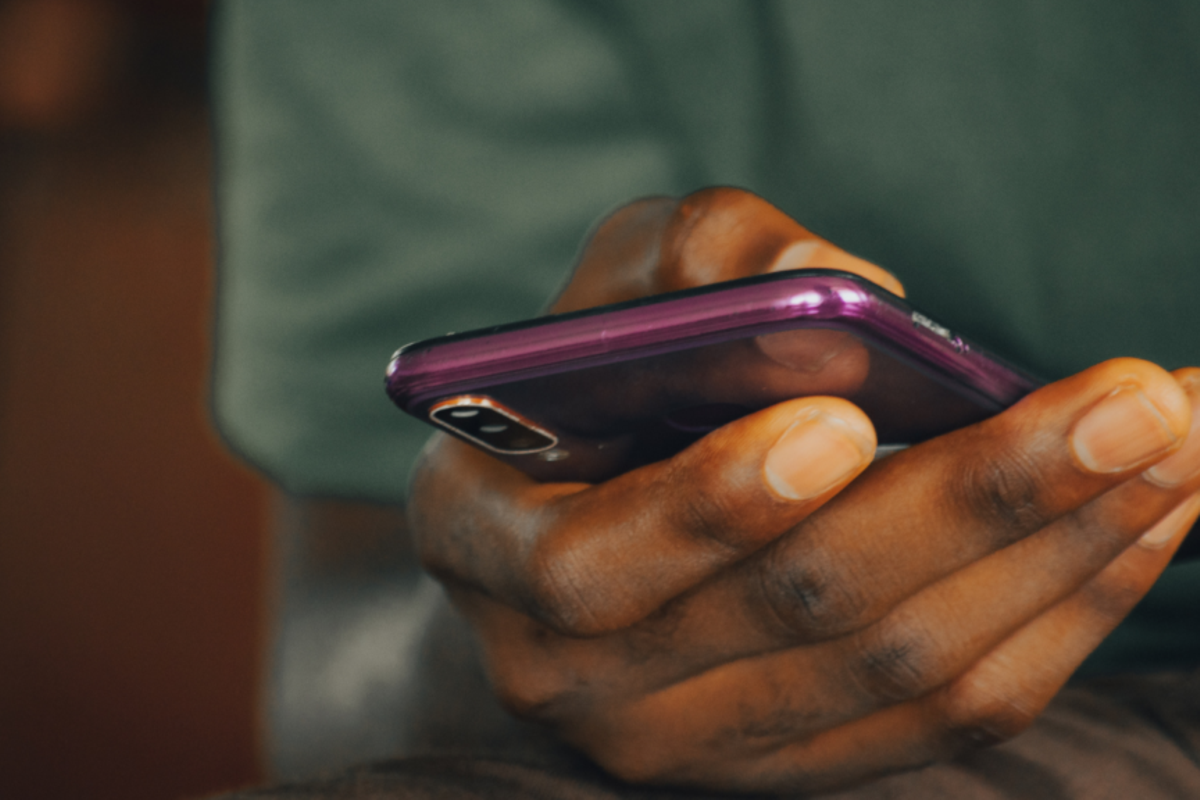RFK Jr. Proposes Nationwide Wearable Tech Rollout for Health Monitoring

The Vision: A Nation of Health Data
Kennedy Jr.'s vision centres around the idea that continuous health monitoring through wearable devices – like smartwatches, fitness trackers, and potentially more advanced sensors – can provide invaluable insights into individual and population health. By collecting data on everything from heart rate and sleep patterns to activity levels and even potentially glucose levels, this 'wearable ecosystem' could facilitate proactive healthcare, early disease detection, and personalized wellness programs.MAHA and the Rationale
He frames this proposal within the context of his 'MAHA' agenda, arguing that a data-driven approach to health is essential for achieving significant improvements in American health outcomes. The US faces numerous health challenges, including rising chronic disease rates, healthcare costs, and disparities in access to care. Kennedy Jr. believes that empowering individuals with access to their own health data, and enabling healthcare providers with richer information, can contribute to addressing these issues.The potential benefits of a nationwide wearable rollout are compelling. Early detection of health problems is often crucial for successful treatment. Wearables can alert users and their doctors to anomalies in vital signs, potentially catching conditions like atrial fibrillation or sleep apnea before they become serious. Furthermore, the data collected can be used to personalize treatment plans and lifestyle recommendations, leading to more effective interventions and improved health outcomes. Imagine receiving tailored fitness advice based on your daily activity levels or dietary adjustments based on your metabolic rate—all powered by data from your wearable.
However, such a widespread adoption of wearable technology also raises significant concerns. Privacy is paramount. The vast amounts of personal health data collected would be vulnerable to breaches and misuse. Robust security measures and strict data privacy regulations would be essential to safeguard sensitive information. Security is another worry; devices could be hacked, and data could be manipulated.
Equity is also a key consideration. The cost of wearable devices can be a barrier for low-income individuals, potentially exacerbating existing health disparities. Ensuring equitable access to technology and digital literacy training would be crucial to avoid creating a 'digital health divide'.
Kennedy Jr.'s proposal has ignited a national conversation about the role of technology in healthcare. While the idea of a nationwide wearable rollout may seem ambitious, it highlights the growing potential of data-driven health management. The success of such an initiative would depend on addressing the critical challenges related to privacy, security, and equity, and establishing clear regulatory frameworks to govern the collection, use, and sharing of personal health data. The debate is likely to continue as technology evolves and the conversation around personal health data intensifies. It’s a discussion that requires careful consideration of both the potential benefits and the inherent risks.






